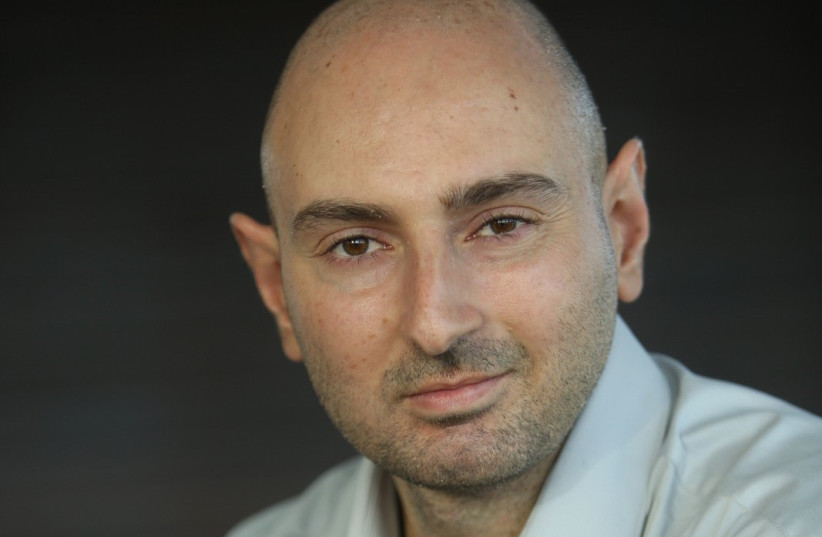Tel Aviv University (TAU) researchers used smartwatches and a special application to test how much Israelis living in the South facing the Gaza Strip suffered from greater physiological harm during the IDF’s Operation Guardian of the Walls in the summer of 2021.
During the operation, the researchers equipped southern residents with smartwatches and the app. The unique study showed that they experienced changes in each of the objective indicators of well-being that were monitored. They spent more time looking at their cellphone screens; the number of their steps decreased; their average heart rate fell; their time without movement and their wake time during sleep increased; and their bedtime was delayed.
At the same time, a deterioration was seen in all of the subjective indicators reported by the participants using the app – their mood worsened; their stress level increased; their number of social gatherings dropped; they spent less time playing sports; their sleep duration was reduced; and their quality of sleep deteriorated.
The study was conducted by TAU Associate Prof. Erez Shmueli and Prof. Dan Yamin of the Big Data Lab; and doctoral students Merav Mofaz and Matan Yechezkel of the Fleischman Faculty of Engineering; Prof. Noga Kronfeld-Schor of the Wise Faculty of Life Sciences; and Prof. Haim Einat of the Academic College of Tel Aviv-Yafo.
“Today, wars are fought deep within the country so monitoring the resilience of individuals and groups is crucial. The state needs to know what happens to its citizens during war and provide special support to groups that are more prone to harm. In further research, it will be important to identify individuals who suffered significantly during the war and did not return to normal after it ended,” said Shmueli.

Their findings were published in the journal Communication Medicine from the Nature group under the title “Real-time sensing of war’s effects on well-being with smartphones and smartwatches.”
Details of the study conducted on Israeli civilians
Shmueli explained that “for the past two years, we have been running a huge clinical study in which we equipped nearly 5,000 Israelis from all groups in the population with smartwatches and a dedicated app that we developed for monitoring their health on a daily basis. The study is called PerMed, short for Personalized Medicine, and its purpose was to diagnose infectious diseases like COVID-19 better and earlier. But in Israel, there is never a dull moment, and it provided us with the first opportunity in history to test the changes in the physiological and mental indicators of civilians during wartime, because shortly after we started the experiment, Israel embarked on Operation Guardian of the Walls.”
Recruiting 954 Israelis for the experiment, they found that the heart rate of one of the subjects, which was 50 bpm (beats per minute) at baseline, jumped to 76 bpm as soon as the sirens sounded and returned to normal only after 20 minutes. The team monitored 12 different metrics, some of which were objectively collected from the watches and smartphones and some were reported by the participants using the app.
In all of the indicators, a significant deterioration was observed during the war compared to “normal” circumstances in the two weeks before the war. It was much more surprising to discover that immediately after the war, all the indicators returned on average to their previous levels.
However, the researchers noticed a number of significant differences among Israeli citizens: residents of the areas near Gaza, who were subjected to more frequent and dangerous rocket attacks, paid a greater mental and physiological toll than those living in the center of the country, and those living in the center suffered more than those living in the north.
